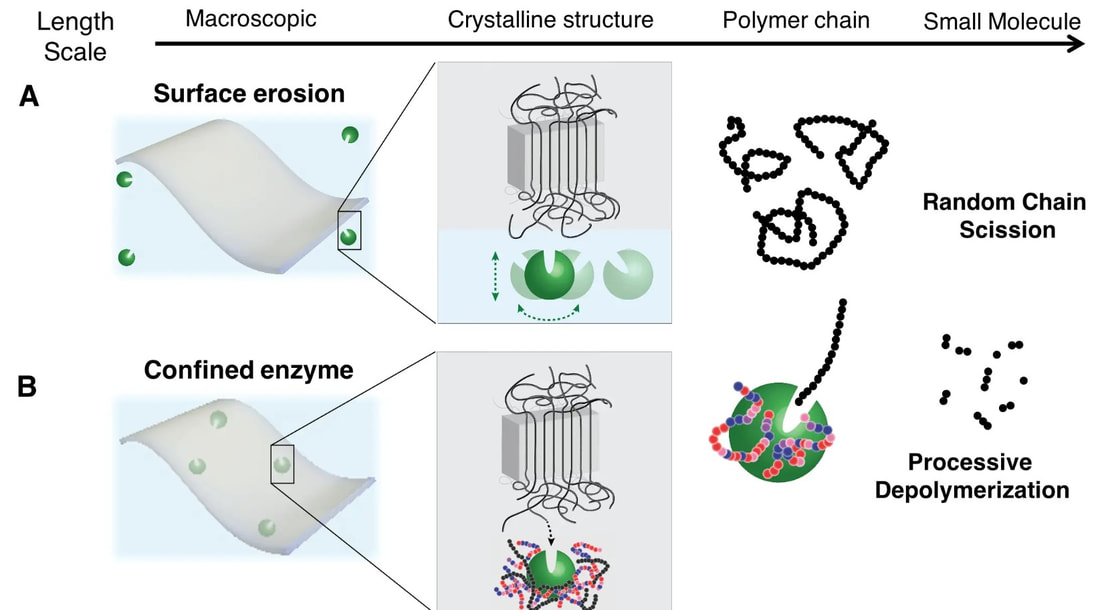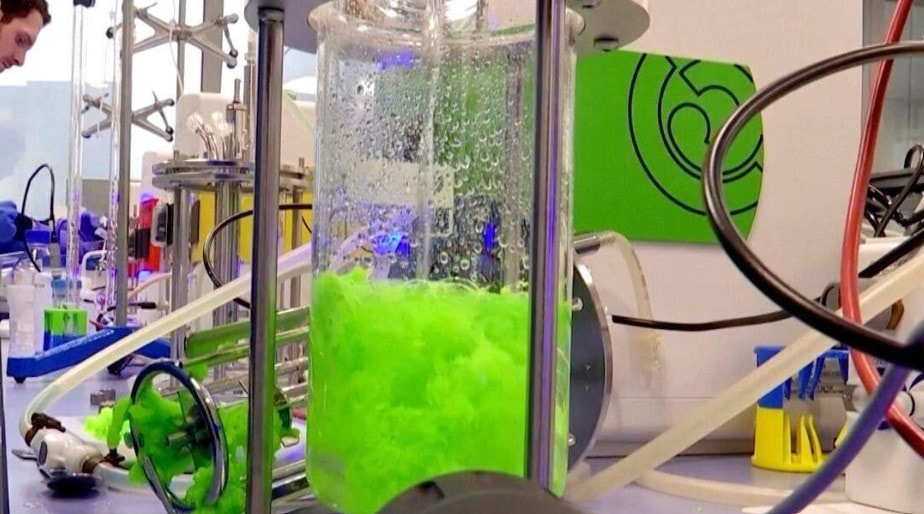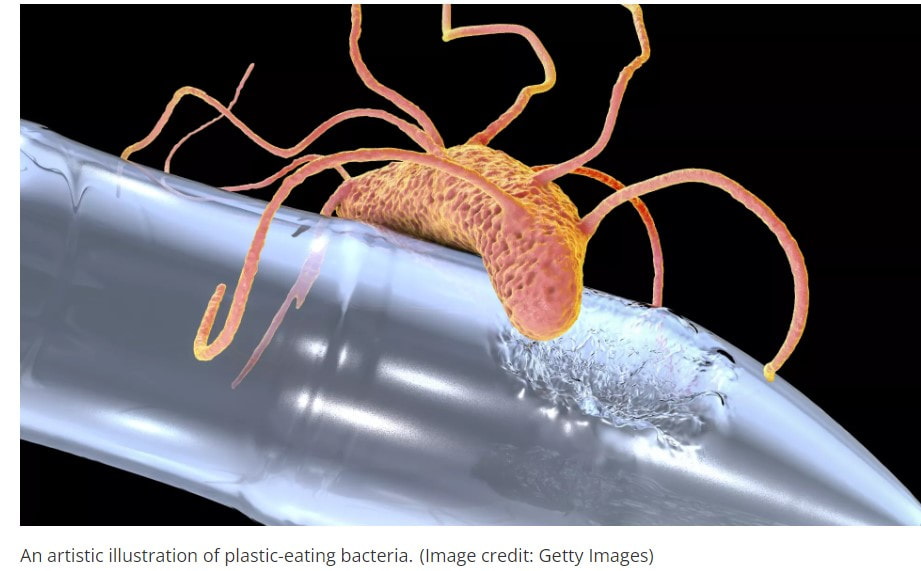06.05.2023
'Polyester-Eating' Enzymes To Help Combat Global Textile Waste
Approximately 70% of clothes worn today are made of polyester textiles and they are often sent to landfill or incinerated at end of life. Now, researchers at the University of Portsmouth’s Centre for Enzyme Innovation are using their enzyme technology (which has previously been used to recycle single-use plastics, including PET) to help combat polyester textiles in clothing waste. Synthetic fabrics such as polyester are widely used for clothing due to their durability so the process of recycling them using enzymes will not be an easy one. To tackle this issue, the University of Portsmouth’s Centre for Enzyme Innovation is investigating how to breakdown the chemical building blocks of polyester textiles to create safe and energy efficient recycling. The research team had previously developed a similar solution for single use plastics, including polyethylene terephthalate (PET). The addition of dyes and other chemical treatments make it even harder for these tough oil-based materials to be ‘digested’ in a natural process. Developing enzymes that can efficiently ‘eat’ polyester clothing, without energy intensive pre-treatment, is the biggest challenge. The Centre for Enzyme Innovation will develop enzymes that can deconstruct the PET in waste textiles, tolerating the challenges that this feedstock poses, namely its toughness and the presence of dyes and additives. Credit: WORLD ECONOMIC FORUM
Poverty deprives people of adequate education, health care and of life's most basic necessities- safe living conditions (including clean air and clean drinking water) and an adequate food supply. The developed (industrialized) countries today account for roughly 20 percent of the world's population but control about 80 percent of the world's wealth.
Poverty and pollution seem to operate in a vicious cycle that, so far, has been hard to break. Even in the developed nations, the gap between the rich and the poor is evident in their respective social and environmental conditions.
Poverty and pollution seem to operate in a vicious cycle that, so far, has been hard to break. Even in the developed nations, the gap between the rich and the poor is evident in their respective social and environmental conditions.














